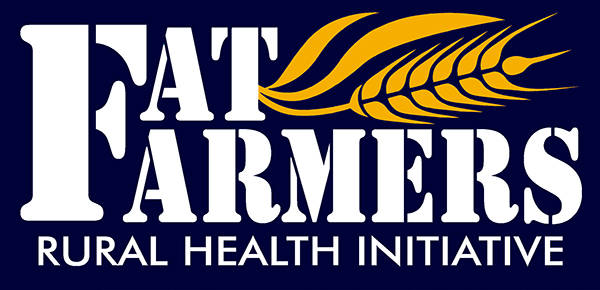
August 2023
CEO update
Welcome to this edition of InTouch.
We have just celebrated our third anniversary as Pinion Advisory. The time has certainly whizzed by as we have worked diligently to integrate three, and then a fourth business into one. The economies of scale that have been formed certainly create a great and sustainable business model. However, there is still plenty to do as we work towards building a world class agribusiness, water and environmental consulting business that creates value for clients. We have just passed the 100-employee mark and will continue to recruit new people into the business.
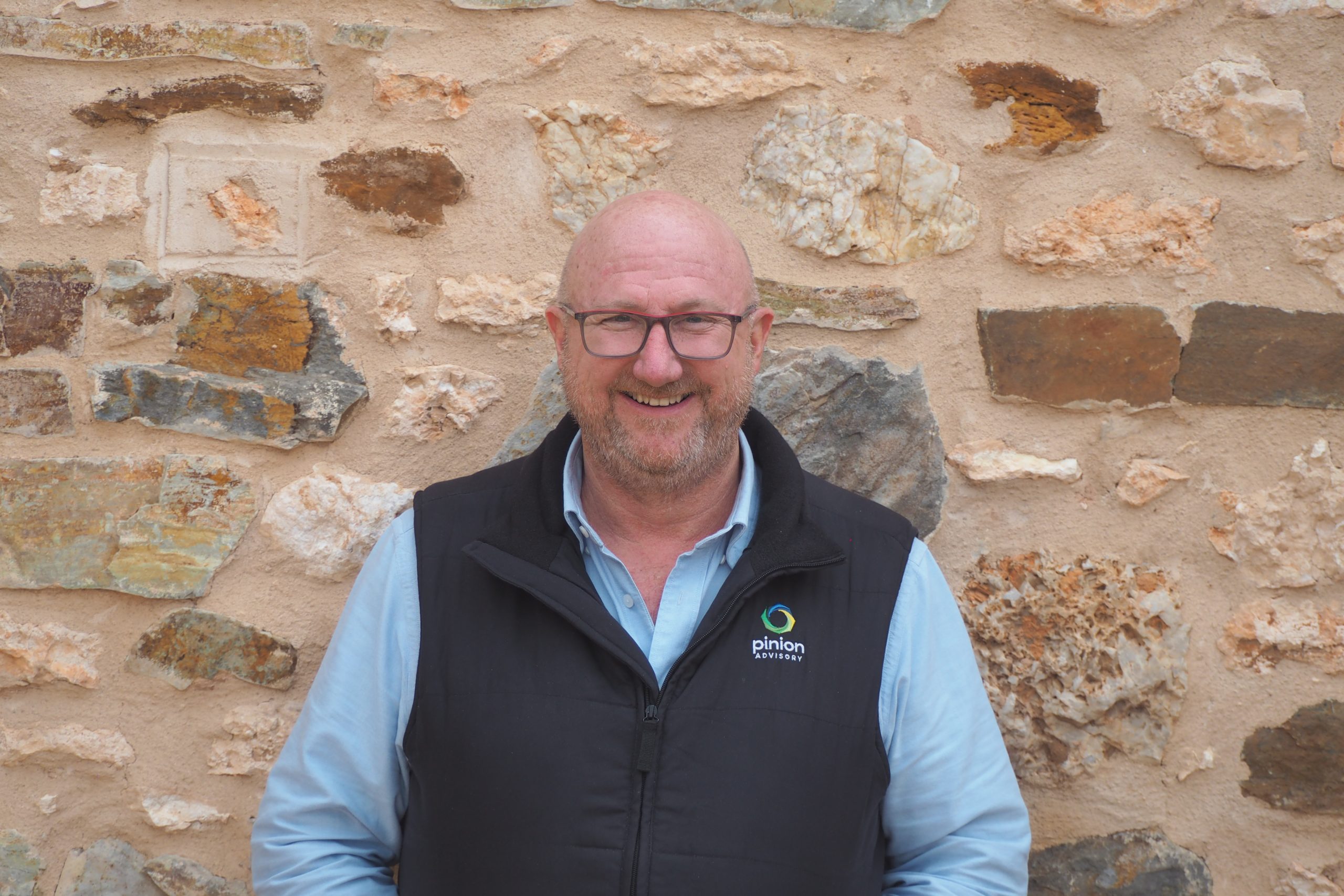
Pinion Advisory is an Australian Partner owned business that operates nationally. You will also note in this edition that we are currently doing work on Norfolk Island. It is not common knowledge, but we also do a lot of work on South Africa, so our capability is recognised widely.
Our partnership with Pinion in the United States is also gaining traction. We have global services currently being developed and will be launching some new services in 2024. Some of these are very exciting and will create a lot of client value.
This edition has a mix of articles that demonstrate some of the range of services.
Thankyou for your ongoing support and I hope you enjoy reading some of the articles.
Dave Heinjus
CEO
Hands-on support to develop and maintain a happy and productive team
The agricultural industry has long experienced challenges recruiting and retaining staff. We have all heard that labour is a strategic issue for many businesses, no matter the industry they work in or commodity they produce. With this in mind, we have developed a new service, the Labour and leadership roadmap.
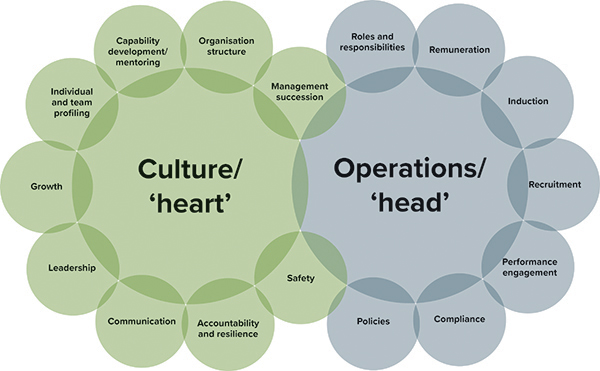
This service formulates a plan that focuses on both short-term actions to develop your team and addresses future labour and skill requirements in your business. It will also boost your personal leadership skills and knowledge. Incorporating needs analysis, mentoring, workshops, HR templates, phone support and more, this program has you covered.
It is common to receive several calls each week from clients who have concerns about the challenges of recruiting and retaining employees.
Proactively managing and developing your current team is preferred, given it is a challenging employment market at the moment. The key is to focus on what you can control. This includes:
- Providing a great workplace that is welcoming, safe and comfortable.
- Professional and clear communication throughout the team.
- Developing and maintaining a great workplace culture.
- Acknowledging personal behaviour and developing strategies to respond differently in challenging situations.
- Providing remuneration that meets individual expectations and motivates them, as well as being legally compliant.
We think about this service as supporting the ‘head’ and the ‘heart’ of human resources. The ‘head’ are operational aspects such as structure, compliance, recruitment, induction, and policies. The ‘heart’ includes leadership aspects such as behaviour, communication, stress management, resilience and accountability.
Working with our skilled team over a 12-month period will enable you to develop a roadmap for your business that addresses people management and leadership.
This is followed by supported implementation and regular checks on progress for accountability. Importantly, the components of the service are tailored to each individual business. There will be personal and team development and access to systems and templates (for example job descriptions) to support your people management.
This investment will boost your labour and leadership. The outcome is building an effective, productive and efficient team.
Check out the information on our website or call us to find out more: 1300 746 466.
Why engage a specialist agri finance broker
The economic climate we are currently in is different to what we have been familiar with. We are coming out of supply chain issues with the pandemic, as well as having central banks around the world that kept interest rates at very low levels for a period of time to generate economic activity.

As was probably always going to happen, inflation has taken off because of the economic settings, and the only tool that central banks have at their disposal to tame inflation is higher interest rates, and this is exactly what they have been doing. Fortunately, the edge is starting to come off inflation rates.
Now more than ever, it’s critical to look closely at what interest rate you’re paying, given that for most farming businesses, interest is now a significant cost. One way to get on top of this is to engage a professional broker. Pinion Advisory provides this service and there is an initial no obligation, one-hour, free consultation available.
The Pinion Advisory finance broking service is highly rated by both clients and banks who we engage with. Pinion Advisory is a multi-faceted agricultural consulting company that has numerous strings to its bow. All aspects of Pinion Advisory are run in a professional manner, and finance is no different. The client needs come first, and adding value to clients is at the core of what we do.
Our consultants share information internally, where it is appropriate to do so. As a result, there can be a good understanding of an existing Pinion client’s needs before any brokerage engagement begins. Depending on the service offering, some consultants within Pinion Advisory work with clients very closely and understand their businesses intimately. For finance brokerage clients that are new to Pinion, we take the time to develop this strong understanding of your business.
Long-term planning and thinking are a core tenet of what Pinion Advisory encourages all agribusinesses to do. Thinking about finance in the same way you would about any other major business input makes sense.
An example of how a finance application works with other Pinion Advisory services may well be with an existing client who currently uses the SnapShot benchmarking service, along with another service such as an Advisory Board, or grain marketing. There is already a lot of information that relates to the client that is relevant to any finance review, or application for new funds.
Our benchmarking reports are highly valued by banks. The financial ratios that are generated from our SnapShot Premium reports are relevant for the bank’s assessment of any finance application. We are able to utilise existing SnapShot Premium reports and/or work with you to develop a SnapShot Premium report to support your finance application.
To follow on from benchmarking, if a client currently uses an Advisory Board service, this also provides a lot of relevant information, around forward strategy and management capability. The information may also include access to detailed budgets, including production assumptions, and an explanation of the overall business direction and the pathway to the current position.
Access to the already existing information allows for a comprehensive finance application to be put together in a timely manner, and in a professional format that banks rarely see. The outcomes from this type of approach are usually incredibly positive. Similarly, for clients new to Pinion, we are able to collate all required information in a consistent and professional manner.
Pinion Advisory has excellent working relationships with all banks, but we have no alignment with any particular bank. Therefore, we can act with a true level of independence. We always act in the best interests of our client, the farmer.
The fee structure for our brokerage services is transparent. The client will always know who pays us, and how much. There will be no hidden fees or charges.
Whilst it has only been a few months that Pinion Advisory has been offering a finance broking service, there have been some excellent client outcomes. Banks are very keen to engage with the finance proposals that we put forward and compete strongly for new business.
When a finance application is presented to a bank, one of our main goals is to drive down the client margin that is built into your interest rate. This is the aspect of pricing that the client can control. By presenting information in the way we do, we are striving to improve the risk rating of the client, and therefore obtain a better interest rate. Well prepared forward cash flows, with easily identifiable and defendable assumptions on income and expenditure, make a big difference. By putting together a professional finance proposal we know that we can deliver on achieving cost effective access to finance for our clients.
For those interested in ensuring you have the right finance package for your business, please contact our finance broker, Michael Bagshaw, for a one hour, free, no obligation consultation, to discuss your current finance arrangements and ongoing needs.
Email: mbagshaw@pinionadvisory.com
Mobile: 0409 793 946
Strong Foundations – Building your EQ for greater connection, communication and confidence
Dates: 12, 19 and 26 September, 11.00am-1.30pm (ACDT)
Online course delivered over three sessions via Teams
This online personal development program is for individuals, couples or families who want to feel more connected again and change the way they think, feel and react towards each other.

Join Bron Stedall for her three session series that equips participants with a greater understanding of behaviour, beliefs and accountability. It will provide insights and strategies to better manage stress, conflict and the negative reaction cycle created by people who hurt or frustrate each other.
Rated 4.9/5 by previous attendees. This fascinating series utilises psychology research and coaching models in easy to understand language, incorporating storytelling, video and discussion to unpack the human condition.
“Insightful and instantaneously effective”, S Ifould.
Register by 8 September 2023. A workbook will be posted out to participants.

This ruling has created much discussion on social media, where people sided with both the farmer as well as the buyer. Given the commentary was on social media it should be of no surprise that some of the comments were not accurate. There was an undertone along the lines of a “poor farmer” who was unjustly dealt with by the buyer. Clearly the judge had a different view.
Whilst we do not have working knowledge of Canadian grain contract law, we do understand the Grain Trade Australia (GTA) contract terms and conditions. If we were to overlay the GTA trade rules over a Canadian dispute, we can draw some learnings from this to apply to our local businesses.
The dispute
Without knowing the specific details and from what we can determine from articles, the dispute resulted when a grain buyer texted a flax producer a draft contract. This included a price of 17c/bu, delivery terms and tonnage for 86mt for flax seed. The farmer then responded with a thumbs up emoji. The buyer then assumed that, based on the text and the thumbs up response from the producer, a contract had been formed. We then believe a period of time, measured in weeks, elapsed between the text and delivery.
During that time the market price for flax went from 17c/bu to 41c/bu or increased by 140%. The producer then disputed the existence of the original agreement. This was contested by the buyer and the matter ended up in court. The judge ruled in favour of the buyer.
So if this was in Australia based on the GTA trade rules, did the judge get it right?
Our short answer would be yes. Using GTA trade rules as guidance, a grain contract is binding when both price and term are verbally agreed. Once a contract is formed there is no cooling off period. Any further written documentation is just confirming the agreement. Contracts do not have to be signed to be valid. In this case the text and thumbs up emoji is a more robust method of forming a contract.
Our learnings
- We are moving with technology. Over time, a handshake agreement has evolved. Today when contracting, we are now consistently using rapid forms of traceable communication including texts, online contracting platforms, or WhatsApp. Emojis are a link to this form of communication.
- This is not a dispute about a thumbs up emoji. This is more about sellers’ remorse. The flax price increased 140% in value and the seller was looking for a way to not honour an agreement.
- On the surface it appears that the buyer could have acted in a more professional manner confirming the text with more detailed documentation.
- Both parties needed to understand the concept of “time is of the essence” or time has a value. If the matter were to be dealt with in a timely manner, then it is more likely to remove confusion and not have the matter escalated. Deal with problems early and commercially.
- The farmer was not fined US$61,000 as per the headline. This was the washout cost of the contract or the total financial difference between the agreed value and the market.
- Understand the basic principles of law that underpin contracts.
- Be a little street smart. Be aware of what you text or post. Everything is traceable.
- Yes a thumbs up emoji is easily understood to be confirmation of what was received.
If you are looking for assistance managing your grain contracts give our Commodity Risk Management team a call on (08) 8525 3000.
From roofs to green spaces and great wine: Roseworthy Water Scheme
As greenfield housing growth continues beyond the current urban bounds in Australia’s southern cities and towns, the aspiration of ‘sustainable population growth’ becomes ever-more challenging to achieve.
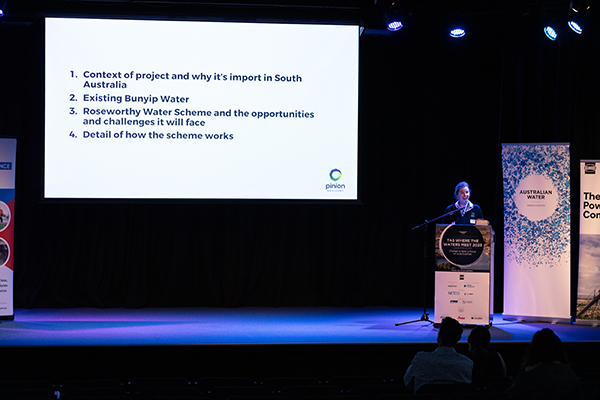
Earlier this month, lead engineer Bridget Lindsay, presented to the Australian Water Association’s Tasmanian conference in Launceston on a project that aims to overcome some of these water-focussed sustainability challenges: the Roseworthy Water Scheme.
A new urban expansion an hour north of Adelaide’s CBD is facing up to the challenge of achieving sustainable stormwater management in an urban growth area via a public-private partnership water scheme. This scheme will service the Roseworthy Township Expansion (RTE) and Kingsford Regional Industrial Estate (KRIE), which together will include 3,000-4,000 homes, a new school, around 65 hectares of green space, and additional employment land development of 200 hectares.
To manage increased stormwater runoff, each development must limit discharge to pre-development volumes. In the absence of a regional stormwater harvesting scheme, on-site stormwater management will take up a significant portion of each land parcel that would likely be too large for land development to be commercially viable.
The award-winning Gawler Water Reuse Scheme (GWRS) by Bunyip Water and Light Regional Council will be expanded to create the Roseworthy Water Scheme (RWS), which will manage urban stormwater by pumping from wetlands to harvest, treat and detain flows (water-off), and return sufficient water in summer for maintaining public green space, and provide an opportunity for industrial supply (water-on), all while adding further water availability for irrigating wine grapes in western Barossa Valley.
The Barossa Valley is a renowned wine-producing region with over 150 wineries primarily relying on the River Murray and other local climate-dependent water resources to maintain crop yield. But one wine estate has moved early to reduce their exposure to the climate variability risks presented by these traditional water resources. The GWRS currently supplies Seppeltsfield Wines, with the expansion of the RWS slated to increase the available supply volume and its surety.
This project demonstrates the multiple public-good outcomes that can be achieved through the development and implementation of successful public-private partnerships, in this case, turning a problem for developers and councils into a sustainable solution for urban cooling, industrial supply and continuing to produce some of the best wines on earth!
Bridget won the best presentation of the day at the conference – congratulations Bridget!
Agricultural opportunities for Norfolk Island
There is something about Norfolk Island that draws me in. It could be the volcanic geology and rich, productive soils, it’s fascinating and eventful history, the community commitment to overcoming challenges, or a mix of all these things. I have been fortunate to visit Norfolk Island twice in the past eighteen months for ‘work’.
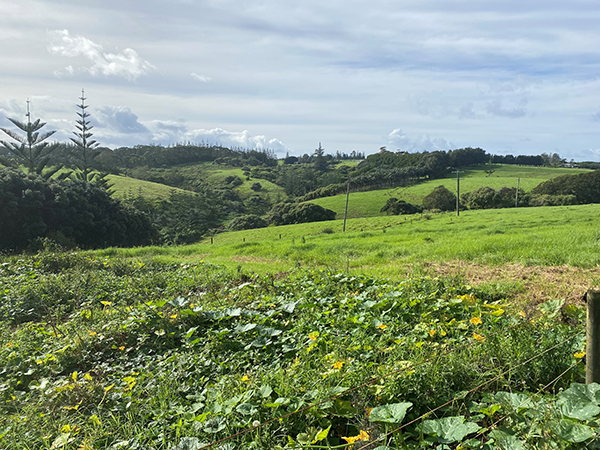
Norfolk Island is in the South Pacific Ocean, 1,400km east of the Australian mainland. The 35km2 island is the eroded remains of a volcano, with the topography dominated by Mount Bates (319m) and series of elevated rolling plains. Norfolk Island’s naturally fertile volcanic soils and unique climate allows the production of both sub-tropical and temperate fruits and vegetables.
Norfolk Island has an interesting history, with periodic Polynesian settlement, a large convict colony from 1788 to 1855, settlement by the descendants of the HMS Bounty mutineers from Pitcairn Island, and during World War 2 it hosted a large airforce base. Today Norfolk Island has a permanent population of 2,200, increasing to 3,500 during the peak holiday periods.
Due to cumulative impacts of population growth, land use changes, biosecurity restrictions on livestock import, plant pest invasions and challenging weather conditions, the island’s food production systems are experiencing significant pressure. Fruit and vegetable production is based on field and polyhouse market-garden style enterprises, and beef cattle grazing on both public and private land. Locally grown food is insufficient to meet demand, but the high cost and unreliability of freight services means it is not viable for islanders to rely on imported food.
In 2022, Pinion Advisory was engaged by the Norfolk Island Regional Council (NIRC) to support the development of Council’s Food Security Strategy by undertaking an agricultural audit. The audit included a land capability assessment, review of current agricultural practices, identification of limitations and solutions for sustainable agricultural land use and guidance on the potential opportunities to improve existing agricultural systems. It also included a focus on new agricultural enterprises and support systems.
The process involved two visits to the island, consultation with growers and various other stakeholders, and spending time checking out the farms and agricultural systems in place.
Some of the outcomes of this work included:
- Identification of the highest quality land and the maximum extent of agriculture. This information will support decisions relating to future land use management and planning.
- Promoting new fruit and vegetable varieties with higher yield potential, improved water use efficiency, pest and disease resistance and extended growing season. An example being introduction of new potato varieties which have much improved agronomic characteristics, yields, storage life and eating traits.
- Identification of technical and business support required by growers to improve their agronomic practices, increase productivity and profitability, and promote sustainable farming practices.
- Identification that there is opportunity for better management of organic waste (and compost produced on the island) to supply growers with a reliable source of nutrients and reduce the need for imported fertiliser.
- Norfolk Island has limited water resources and is experiencing a drying climate. Adopting agronomic practices which promote moisture conservation and higher water use efficiency are essential. Investigating the use of recycled water for irrigation is also something that could be considered.
The full report has been made publicly available.
Looking back, my personal highlight on this project was getting to meet and work with people from a community who are very passionate about Norfolk Island’s focus on self-sufficiency and a willingness to adapt and overcome the challenges posed by the island remoteness, climate change and increase the reliability and productivity of their food production systems. This project would not have been possible without the support and inputs from all stakeholders who allowed access to their properties, provided information and openly discussed the challenges facing their unique location.
I’m looking forward to developing a livestock grazing management plan for the island which is our next project for NIRC.

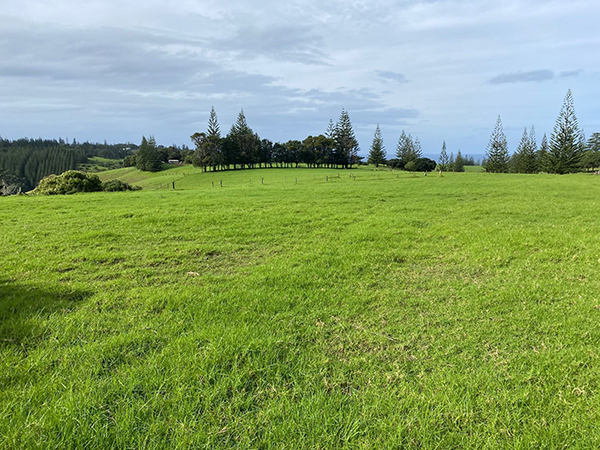
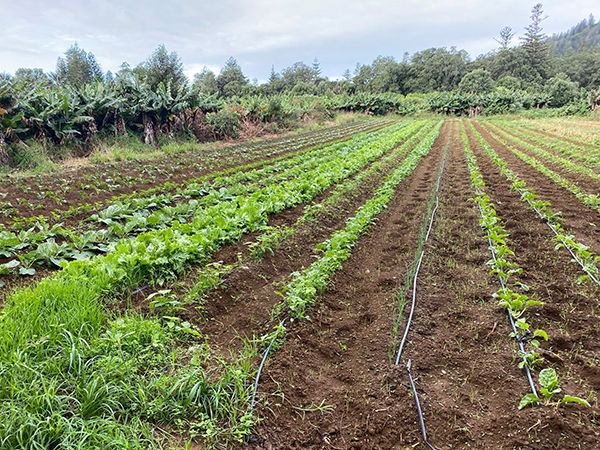
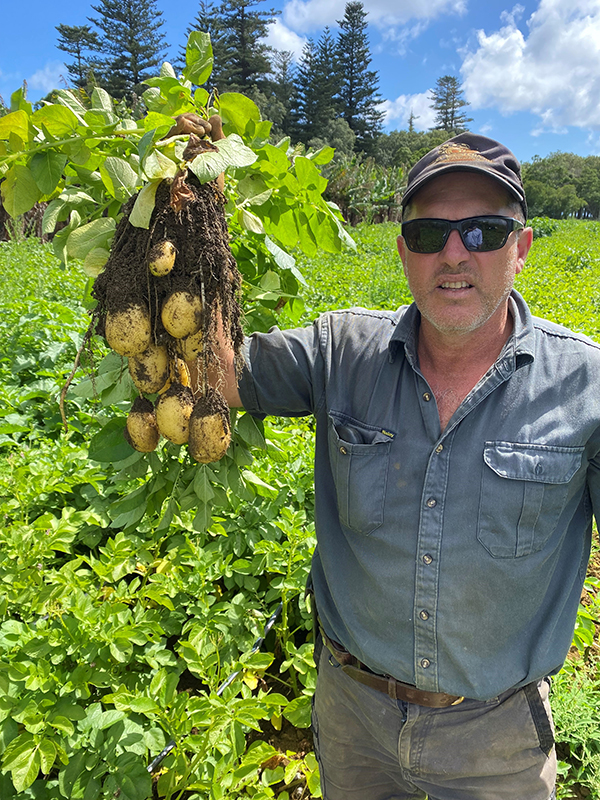
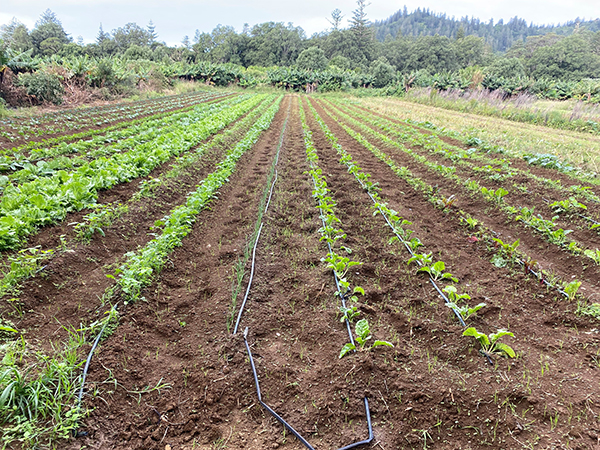
Walking the talk: Growing the future at Pinion Advisory
In this edition of InTouch, we highlight internal achievements that reinforce our GROWTH values.
Our growth value is to support our people to develop their natural talents and grow, find ways to leverage their passions with the needs of our clients and the Pinion vision.
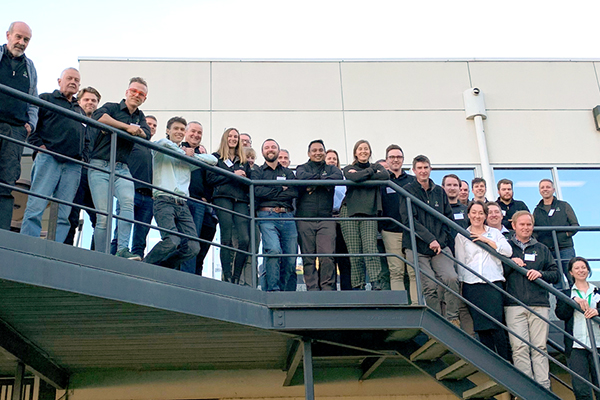
July 2023 marks the third anniversary of Pinion Advisory. It also marks the implementation of a new succession process in our company, with the first intake of new partners since Pinion Advisory formed. Pinion Advisory is proud to announce three new partners - Sarah Jones, James Hillcoat and Mel Rae. Sarah, James and Mel have each worked with Pinion Advisory (and its preceding companies) for many years, have young families and bring to the partnership team new skills, passions and diversity in thinking.
“I’m really excited and proud to announce our new Pinion Advisory partners. Sarah, James and Mel have long been outstanding contributors to the company, both as consultants and as people leaders. This marks the first round of what will eventually be many intakes of new partners, providing a clear and progressive career pathway for our emerging leaders. It gives me confidence that Pinion will continue to be a strong, successful and relevant business in the world of agribusiness, water and environment.” – Dave Heinjus, CEO and Partner, Pinion Advisory.
Pinion Advisory has a unique process for succession, enabling new partners to join the partnership team earlier in their careers and for long-standing partners to create legacy and be rewarded when they decide to progress other interests outside of Pinion. By growing our partner base, Pinion is investing in the future of the company and its people.
“The perpetual partnership model creates new career opportunities for our team as they develop. Instead of needing to look elsewhere for exciting career prospects, we can have dynamic, rewarding and expanding career opportunities by staying here at Pinion. I’m really excited to be at the forefront of our growth and motivated about my future at Pinion Advisory as a partner.” - Sarah Jones, Water and Environment Manager and Partner, Pinion Advisory.
Congratulations to Sarah, James and Mel!
Fat Farmers: a rural health initiative
Fat Farmers, a rural health initiative all about improving the health and wellbeing of rural communities through physical activity. The Fat Farmers biggest event of the year is fast approaching, the Adelaide City to Bay, Sunday 17 September!
If you would like to be part of the Fat Farmers team, head to their website for registration details: www.fatfarmers.com/citytobay
